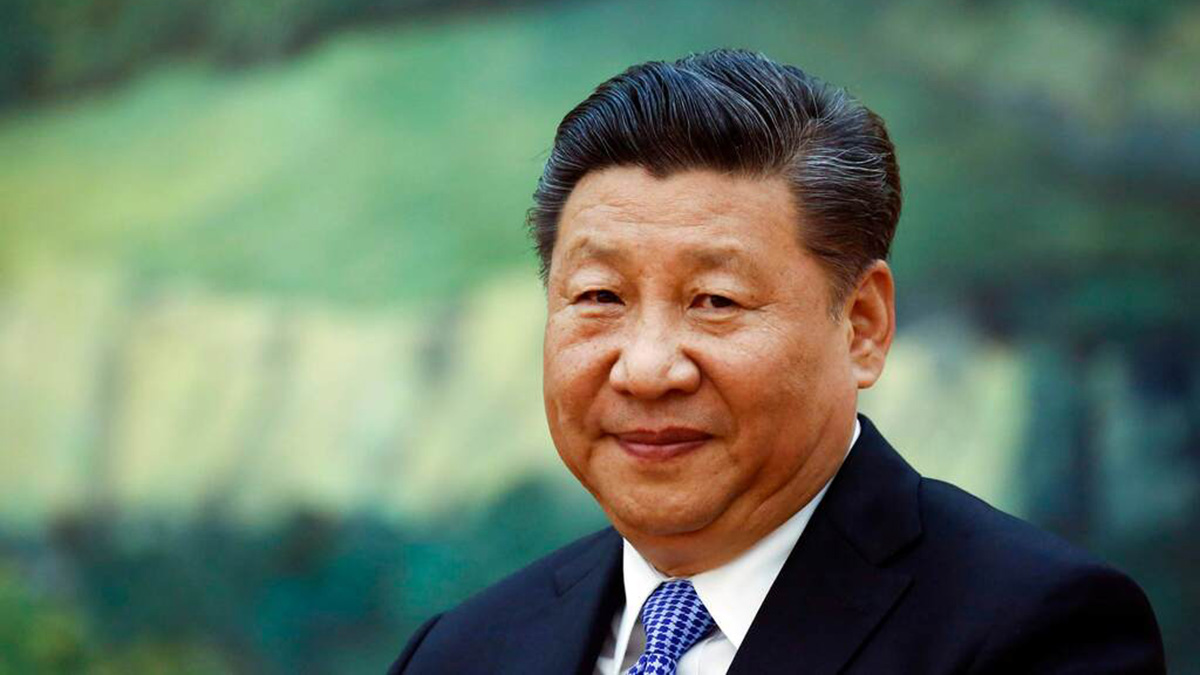Chinese President Xi Jinping’s concentration of power over the past decade has heightened concerns about the efficiency and flexibility of policymaking in China. Three questions have been key to this discourse. First, has concentration of power and centralisation of decision-making enabled breaking through bureaucratic and vested interests to enact changes? Second, what has been the impact of centralisation on the flow of information within the system, particularly to the top leader? Third, has centralisation of power led to greater rigidity in policy thinking and implementation, resulting in the persistence of evidently adverse choices? The recent decision to disband the People’s Liberation Army (PLA) Strategic Support Force (SSF) and create three specialised arms offers an interesting case study in this context.
The SSF emerged as part of a sweeping reorganisation of the PLA, which began in late 2015. That process created a new theatre command structure. It also resulted in the PLA expanding to include six forces, i.e., the PLA Army (PLAA), PLA Navy (PLAN), PLA Rocket Force (PLA RF), PLA Air Force (PLAAF), PLA SSF and PLA Joint Logistics Supply Force (PLAJLSF). In terms of its mandate, the SSF brought psychological warfare, information warfare, space warfare, cyberwarfare, and electronic warfare under one umbrella. China’s 2019 defence white paper stated that the SSF had been created by “combining strategic support forces across the services and Central Military Commission (CMC) organs.”
For instance, China’s space branch used to fall under the preview of the now defunct PLA General Armament Department. Likewise, the network or cyber force had previously come under the ambit of the erstwhile General Staff Department’s Third Department or the GSD Technical Reconnaissance Department. These two were placed within the SSF’s command under the new Space Systems Department and Network Systems Department, giving them the status of operational forces. This change was a recognition of the significance of cyber, information and space domains as key to the changing nature of warfare. It was also to ensure that through the SSF, these domains came under the control of the CMC. The SSF’s primary tasks, consequently, were to support the PLA’s forces for battlefield environment, information, communications, information security, and new technology testing.
The creation of the SSF is an example of Xi’s centralisation of power enabling the leadership to cut through bureaucratic interests, and carry out much-needed reform. However, clearly the SSF’s performance over the years, including persistent corruption, left much to be desired. Lt General Ju Gansheng, who was the last serving Commander of the SSF, has been missing from the public eye for some time now. He is rumoured to be involved in a military procurement scandal, which has also rocked the PLARF through 2023. It is worth keeping in mind that one of the SSF’s tasks is to coordinate with the PLARF with regards to using intelligence and space assets.
Impact Shorts
More ShortsAnother case is that of former defence minister Li Shangfu, who was sacked last year and is reportedly under investigation as part of the procurement scandal. Li had previously served as the SSF’s deputy commander in 2016 and as the director of the Equipment Development Department of the CMC from 2017 to 2022. It is worth keeping in mind that the recent equipment procurement scandal is the outcome of a probe launched in July 2023, examining the procurement process dating back to October 2017.
The persistence of widespread corruption is not only indicative of structural issues but also the challenges of information flow within the system. In terms of the former, it is clear that despite Xi’s centralisation and consolidation of power, fragmentation, bureaucratism and “selfish departmentalism” continue to be hallmarks of the Chinese system. With regard to the latter, consider the fact that building the PLA into a “world class” force is key to Xi’s goal of national rejuvenation and important to his legacy.
Moreover, given that the world is facing a cascade of conflicts and amid worsening ties with the US, the modernisation of the PLA is likely to be viewed as a more urgent requirement in Beijing. Despite this, serious corruption has persisted, potentially undermining the PLA’s combat capabilities. The fact that the individuals that are being investigated are among those at the top of the PLA’s pecking order, and seen as close to Xi, is indicative of the challenges in information flow. Centralisation clearly did not change the incentives for these men to engage in corruption or provide clear-eyed assessments of the state of affairs to the top leadership.
Finally, when it comes to concerns around policy rigidity, the disbandment of the SSF can be seen as a bit of a silver lining. The changes have now established a new system of services and arms under the leadership and command of the CMC, as per China’s Defence Ministry. There are four services: the PLAA, PLAN, PLAAF and PLARF; and there are four arms, the Aerospace Force, the Cyberspace Force, the Information Support Force and the PLAJLSF. As my colleague Anushka Saxena has argued elsewhere, the aim behind doing this is to simplify the “chain of accountability” and enhance the CMC’s ability to “keep a close eye on any potential fraud in equipment procurement and management”, This, of course, is believed to be key to improving force effectiveness.
The decision to undertake another significant re-organisation to address corruption and ensure enhanced equipment and combat quality in less than a decade suggests a willingness to engage in course correction. It indicates that the increased consolidation and personalisation of power has not necessarily resulted in systemic atrophy. Adaptation and flexibility are still very much possible.
The author is a Fellow-China Studies at The Takshashila Institution. The views expressed in the above piece are personal and solely those of the author. They do not necessarily reflect Firstpost’s views.


)

)
)
)
)
)
)
)
)



